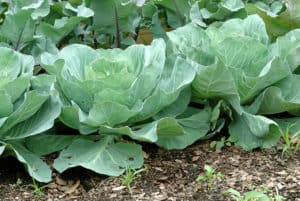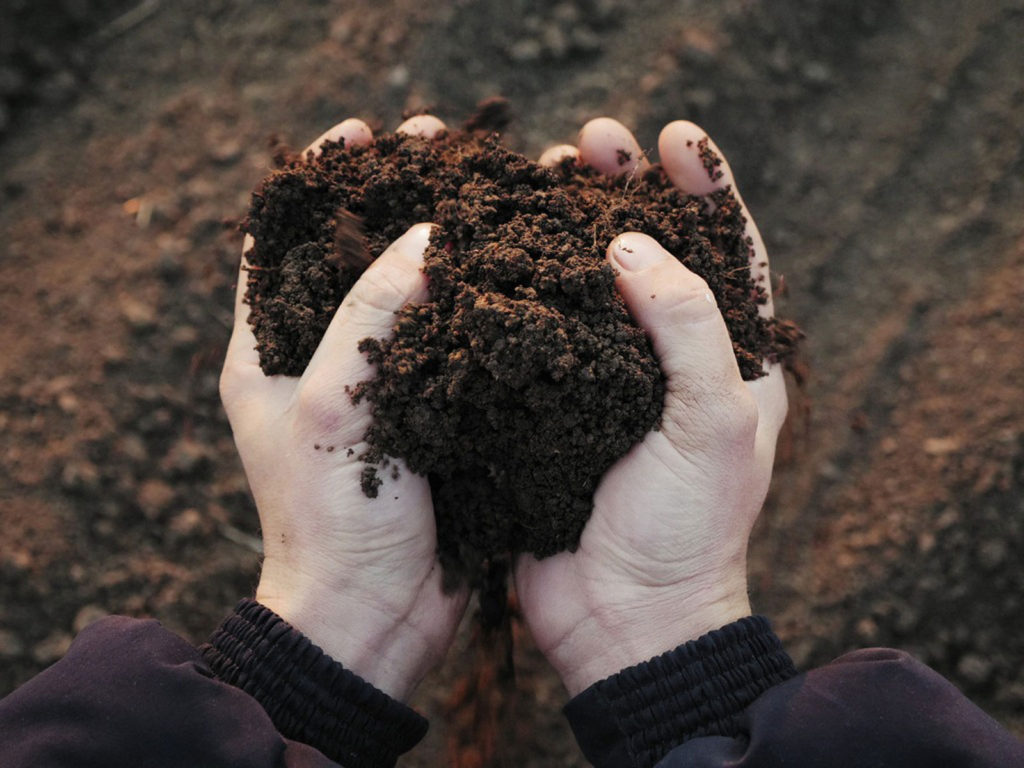Gardening is something you might be getting excited about after a recent spurt of warm weather in March. If looking through seed catalogs and running your hands through the black dirt gets your heart pumping, you’ve been bitten by the gardening bug. However, I talked to a gardening expert who says don’t jump the gun on planting your garden because it could lead to problems.

Nancy Kreith is an Extension Educator specializing in horticulture at the University of Illinois. She understands the excitement to get that garden growing but wants you to check your calendar first, specifically relating to the weather forecast and the final expected frost date. Most gardeners in the north are likely a couple of weeks away from working in the dirt.
“We could have as much as three weeks to go yet, depending on where you’re at,” Kreith said in a phone interview from her office in Matteson, Illinois. “You’ll want to find your local frost-free date, either through the National Weather Service or your local weather forecaster. That’s the last day they’re predicting frost.
“For example, the local frost-free date here in the Chicago area is on Mother’s Day, May 15,” she added. “For our cool-season crop varieties such as lettuce and root crops, you can plant those anywhere from four-to-six weeks before the frost-free date. We might be starting to plant in my area during the first week of April.”
The crops built to handle the cold weather include broccoli, brussels sprouts, cabbage, kale, kohlrabi, leek, onions, peas, rutabagas, spinach, and turnips. Those are the hardiest crops you can plant in a garden, so as soon as a gardener can get out and work the soil, they can go in the ground.

What makes these hardy plants so tough is good genetics. She’s seen ornamental kale planted in gardens during the fall for decoration, and the kale held up with snow sitting on top of it. The plant won’t be actively growing in that case, but rather it tolerates the cold and will sit in the garden until the weather perks up and the kale grows again.
What about the garden crops that don’t like frost?
“The best advice I can give you when planting the less-hardy crops in your garden is to give yourself a little wiggle room,” Kreith says. “I mentioned that the frost-free date in my area is May 15, but you never really know with the weather, so a little extra time doesn’t hurt.”
Kreith says she tries to wait an extra week past that last frost date when planting the warmer weather garden crops like tomatoes, peppers, and cucumbers. Those kinds of garden crops are very tender and won’t tolerate any frost. Plus, waiting a week or two after that date will still leave you enough time in the growing season to get a good crop from your garden.
In between the hardy and the tender crops is what she calls the “half-hardy” garden crops. That includes a lot of root crops like beets, carrots, potatoes, cauliflower, Chinese cabbage, lettuce, mustard greens, parsnip, Swiss Chard, and radishes.
“Those plants can go in the ground two or three weeks before that frost-free date,” she says.

Gardening crops are like traditional commodities because you need to consider soil temperatures in deciding to plant your produce. “For example, the half-hardy vegetables will want soil temperatures above 40 degrees Fahrenheit,” she says. “Get an inexpensive soil thermometer, stick it in the ground, and document the soil temps for around five days in a row.
“That will give you an idea of how the seeds will germinate,” Kreith added.
While it’s still too early to plant, it’s more than all right to get out and do some work on the garden soil. General cleanup of the garden area after winter is a good place to begin.
“Go ahead and remove any debris from your vegetable garden,” Kreith said. “If you’re starting new, you want to kill off any existing vegetation where the garden is going to go. If grass and weeds are growing, I use a method that doesn’t require any chemicals to remove them.
“I use cardboard from shipping boxes,” she adds. “I remove the tape, but you don’t have to remove the label. Once I’m out gardening, I lay the cardboard down as a weed barrier, get it wet, and then put compost on top of the cardboard. I then allow it to decompose for one to two months.”
If she runs into areas of the garden that are hard to dig, Kreith cuts through the cardboard with a knife and then plants into that spot.
It’s important to remember that cardboard is rich in carbon, so she recommends adding some nitrogen to balance that out in the soil. While the compost will add a little to the soil, it’s important to put down some nitrogen fertilizer. “As the cardboard breaks down, it robs some nitrogen from the soil,” Kreith said.
“If all the weeds and plant debris are removed from your garden bed, go ahead and spread about two inches of compost on it,” Kreith says. “That’s something I recommend you do every year in your garden to get it ready to go.”


